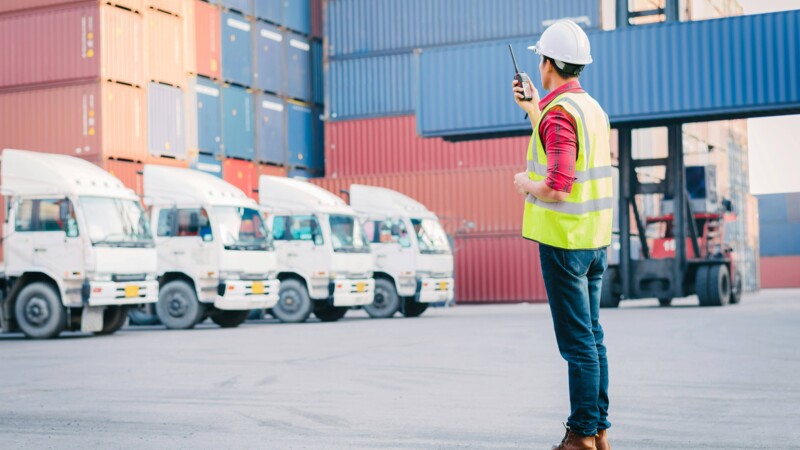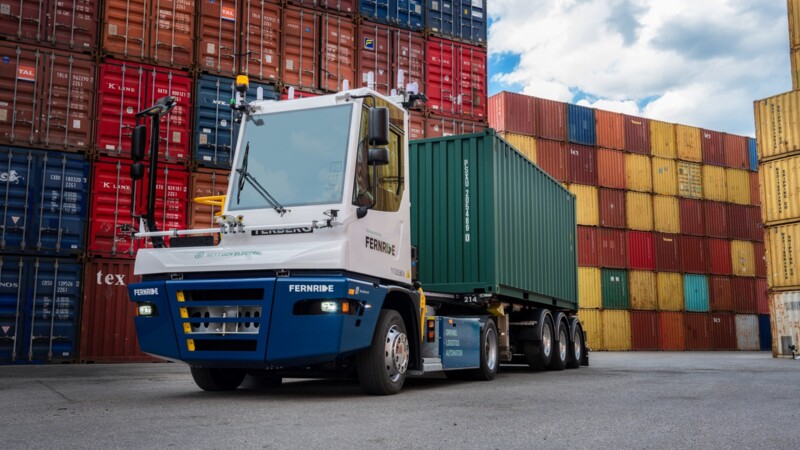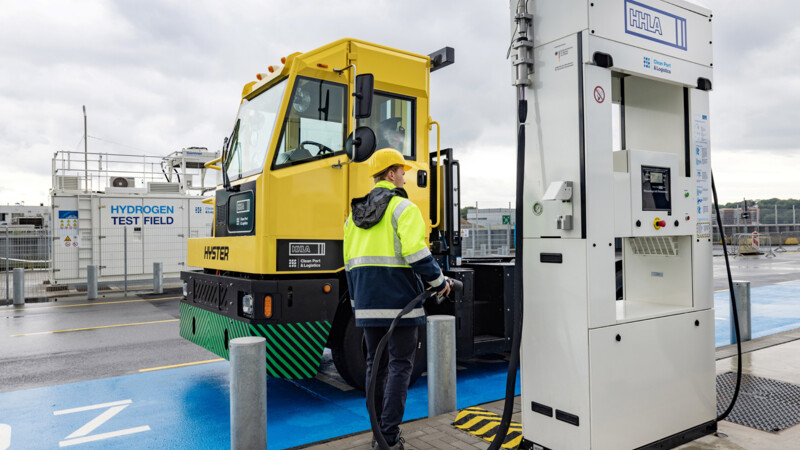"The German and Estonian port industries face similar challenges - from regulatory requirements and shifting cargo flows to the need to better integrate sustainability and innovation," said Marina Basso Michael, Regional Director Europe at HHM, and joint head of the delegation.
Although Estonia's ports have been severely hit by the sanctions on Russia, this also presents an opportunity, according to Kaupo Läänerand, Deputy Secretary General for Maritime Affairs at the Estonian Ministry of Economic Affairs and Communications. "The declines are acting as a catalyst for rapidly expanding cooperation in the logistics sector with Germany," he added. A new Estonian cluster of maritime service providers, consisting of 60 companies and startups with a combined annual turnover of EUR 2 billion, are now lending their support. "We are actively seeking dialogue with partners in Germany. We would like to share our expertise, especially about critical infrastructure," said Läänerand.
There is also potential for environment-friendly freight transport between Germany and Estonia, according to Sebastian Jürgens, Managing Director of LHG. A shift to "green corridors" could cut CO2 emissions by up to 70 per cent, he noted. At present, four times more goods are transported by lorry than by sea or rail.



